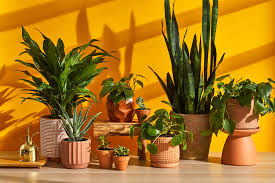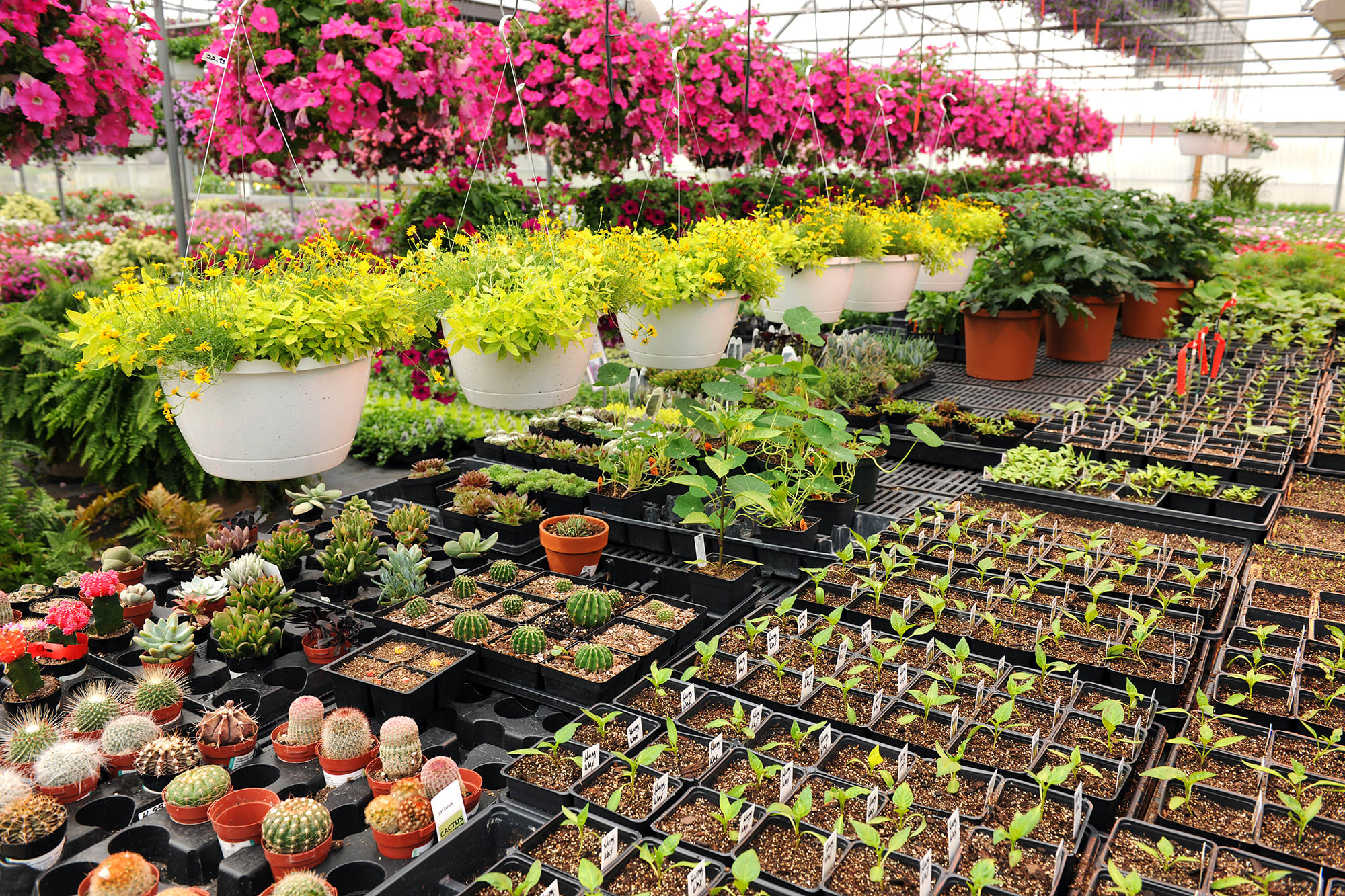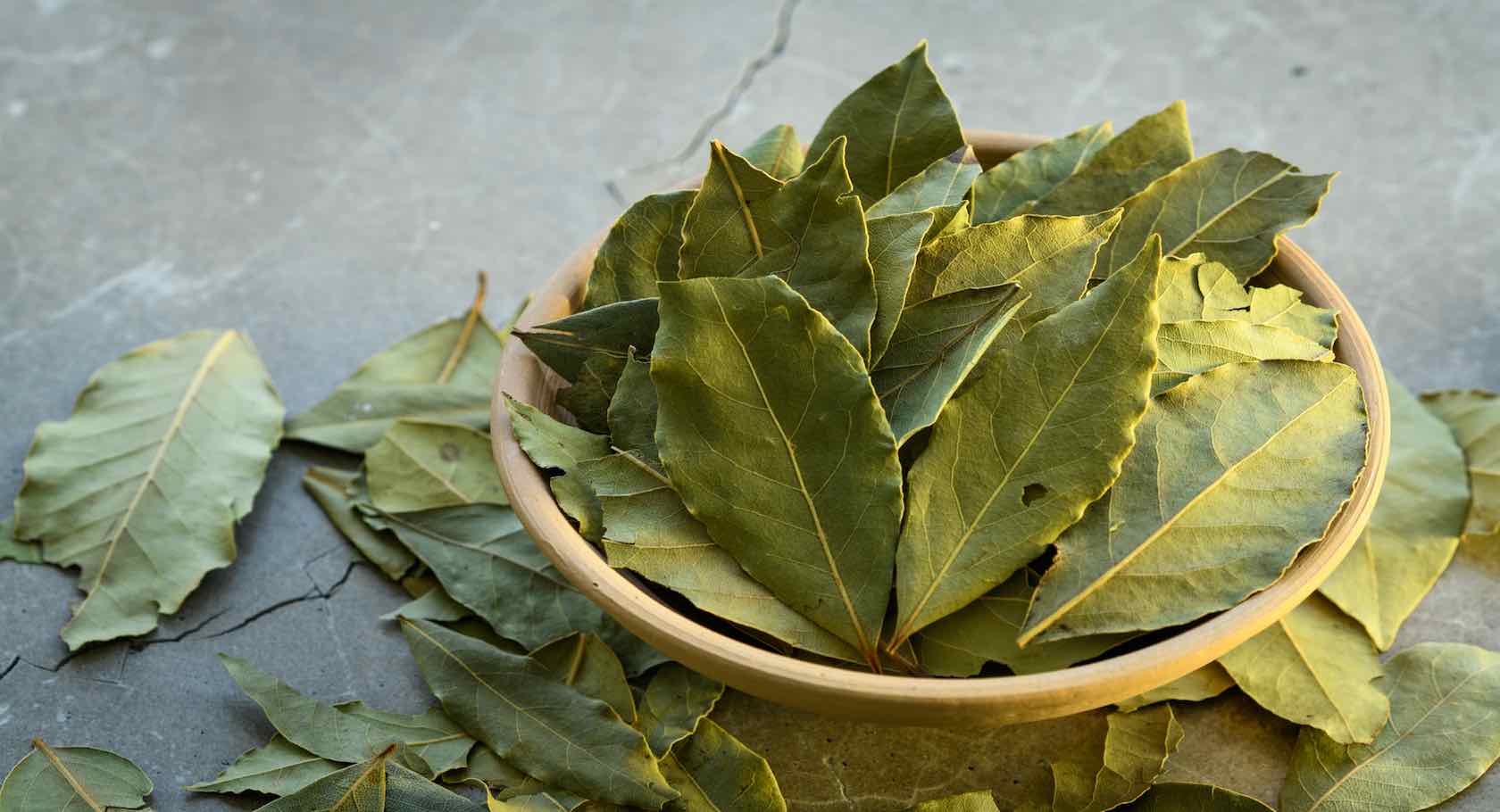Houseplants are more than just decorative elements; they are living organisms that can significantly enhance our indoor environments. By purifying the air, reducing stress, and boosting mood, these green companions offer a multitude of benefits.
Popular Houseplants
- Snake Plant (Sansevieria trifasciata): This hardy plant is known for its air-purifying qualities and its ability to thrive in low-light conditions. Its upright, sword-shaped leaves add a touch of modern elegance to any room.
- Pothos (Epipremnum aureum): A versatile vine that can be grown in various ways, from trailing in hanging baskets to climbing up a trellis. Its heart-shaped leaves come in a variety of colors, from solid green to variegated.
- Peace Lily (Spathiphyllum): This elegant plant produces beautiful white flowers and is known for its ability to remove toxins from the air. It thrives in medium to low light conditions.
- Rubber Plant (Ficus elastica): A classic houseplant with large, glossy leaves. It can grow quite tall, making it a statement piece in any room.
- ZZ Plant (Zamioculcas zamiifolia): A nearly indestructible plant that requires minimal care. Its glossy, dark green leaves add a touch of sophistication to any space.
- Aloe Vera: A succulent plant with medicinal properties, often used to soothe burns and skin irritations. Its thick, fleshy leaves store water, making it highly drought-tolerant.
Tips for Caring for Houseplants
- Light: Most houseplants thrive in bright, indirect light. Avoid placing them in direct sunlight, as this can scorch the leaves.
- Watering: Water your plants thoroughly, but allow the soil to dry out slightly between waterings. Overwatering is a common cause of plant death.
- Temperature: Most houseplants prefer temperatures between 65°F and 75°F (18°C and 24°C).
- Humidity: Many houseplants appreciate higher humidity levels. Misting the leaves or using a humidifier can help.
- Fertilizing: Feed your plants with a balanced liquid fertilizer every few weeks during the growing season.
- Potting: Repot your plants every 1-2 years in a pot that is slightly larger than the current one. Use a well-draining potting mix to prevent root rot.
Benefits of Having Houseplants
- Improved Air Quality: Houseplants can remove harmful toxins from the air, such as formaldehyde and benzene.
- Reduced Stress: Studies have shown that spending time with plants can reduce stress and anxiety.
- Enhanced Productivity: Having plants in your workspace can boost your productivity and creativity.
- Aesthetic Appeal: Houseplants can add beauty and personality to your home, creating a more inviting and relaxing environment.
By following these simple tips and choosing the right plants for your space, you can create a lush and vibrant indoor garden that will bring joy and well-being to your home.



